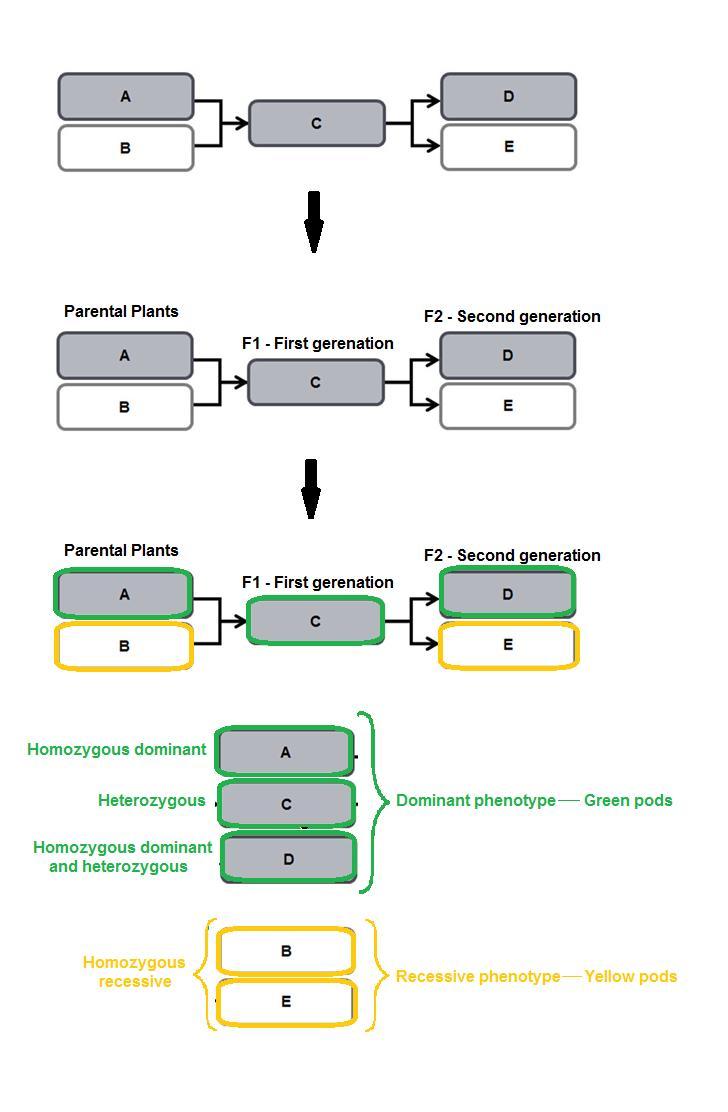A client is drinking 3000 mL of fluid a day during the acute phase of kidney failure. Which assessment finding would be expected
-
Subject:
Medicine -
Author:
caydenferguson -
Created:
1 year ago
Answers 2
During the day, provide the customer with proportional fluids; at night, give them less.
What is the acute renal failure of the kidney?
Acute renal failure, also known as chronic kidney disease, is the gradual deterioration of kidney function, which is responsible for removing waste and excess water from the body.
When a patient is on a 1000 mL fluid restriction for a 24-hour period, a nurse or authorized health professional must schedule the fluids that the patient can drink during the day (the nurse should include liquids found in food on this schedule), and this schedule must warn the patient not to drink at night to avoid aspiration.
-
Author:
baldomerotgbf
-
Rate an answer:
2
AI generated Answer
-
Rate an answer:
0
Do you know an answer? Add it here!
Unable to find an answer to your question?
Don't worry! There are several alternative approaches you can try to resolve your query. Here are some tips to help you find answers in different ways:
- Reframe your question: Sometimes, the way you phrase your question can limit your search results. Try rephrasing it using different keywords or providing more context to get better results.
- Utilize social media: Post your question on social media platforms, particularly those focused on professional or specialized topics. Twitter, LinkedIn, and Facebook groups can connect you with individuals who may have relevant expertise or experiences to share.
- Consult subject matter experts: Reach out to experts in the field related to your question. Many professionals are willing to help and share their knowledge. You can connect with them through email, LinkedIn messages, or by attending relevant conferences or events.
- Use our website to find your question through the search box above, or you can sign up to ask your question for our big educational community. Our experts will review your question, and you will get a quick and quality answer.
- Collaborate with others: If your question is related to a specific project or problem, consider collaborating with others who might have complementary skills or knowledge. Teamwork can lead to innovative solutions and shared insights.
Remember, the process of finding answers often involves persistence, creativity, and an open mind. By exploring various resources, reaching out to others, and being proactive in your search, you increase your chances of finding the information you need. Happy quest for knowledge!

